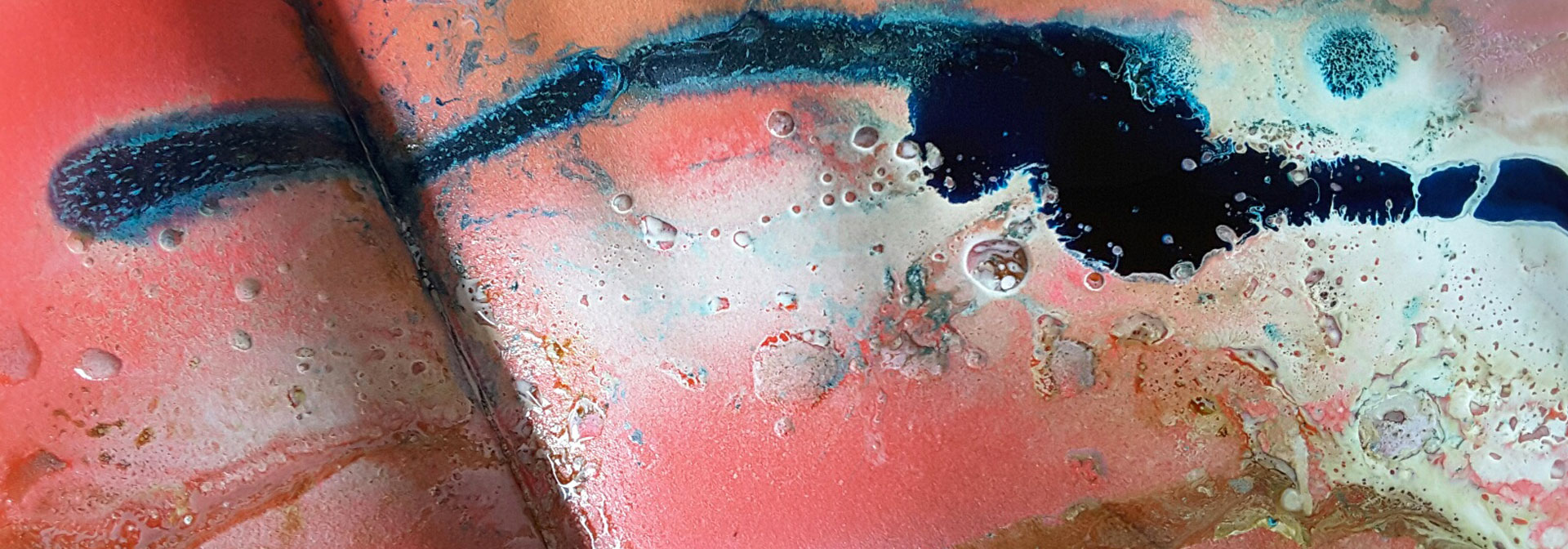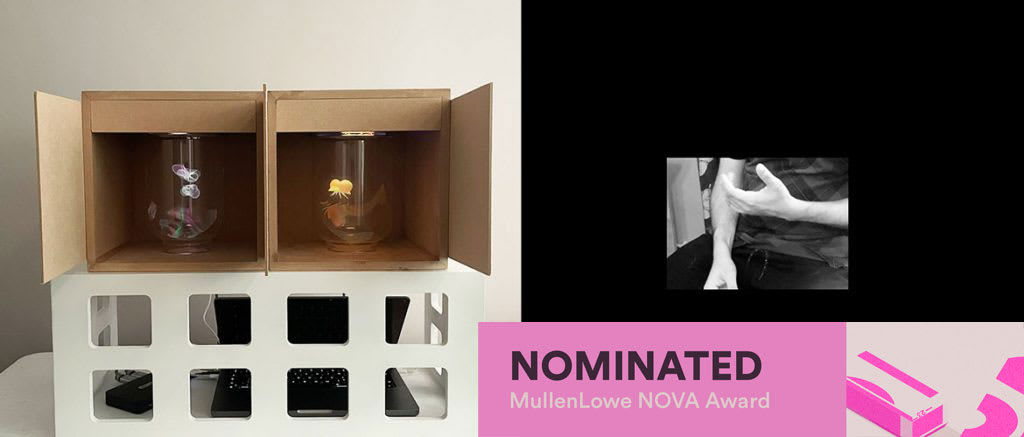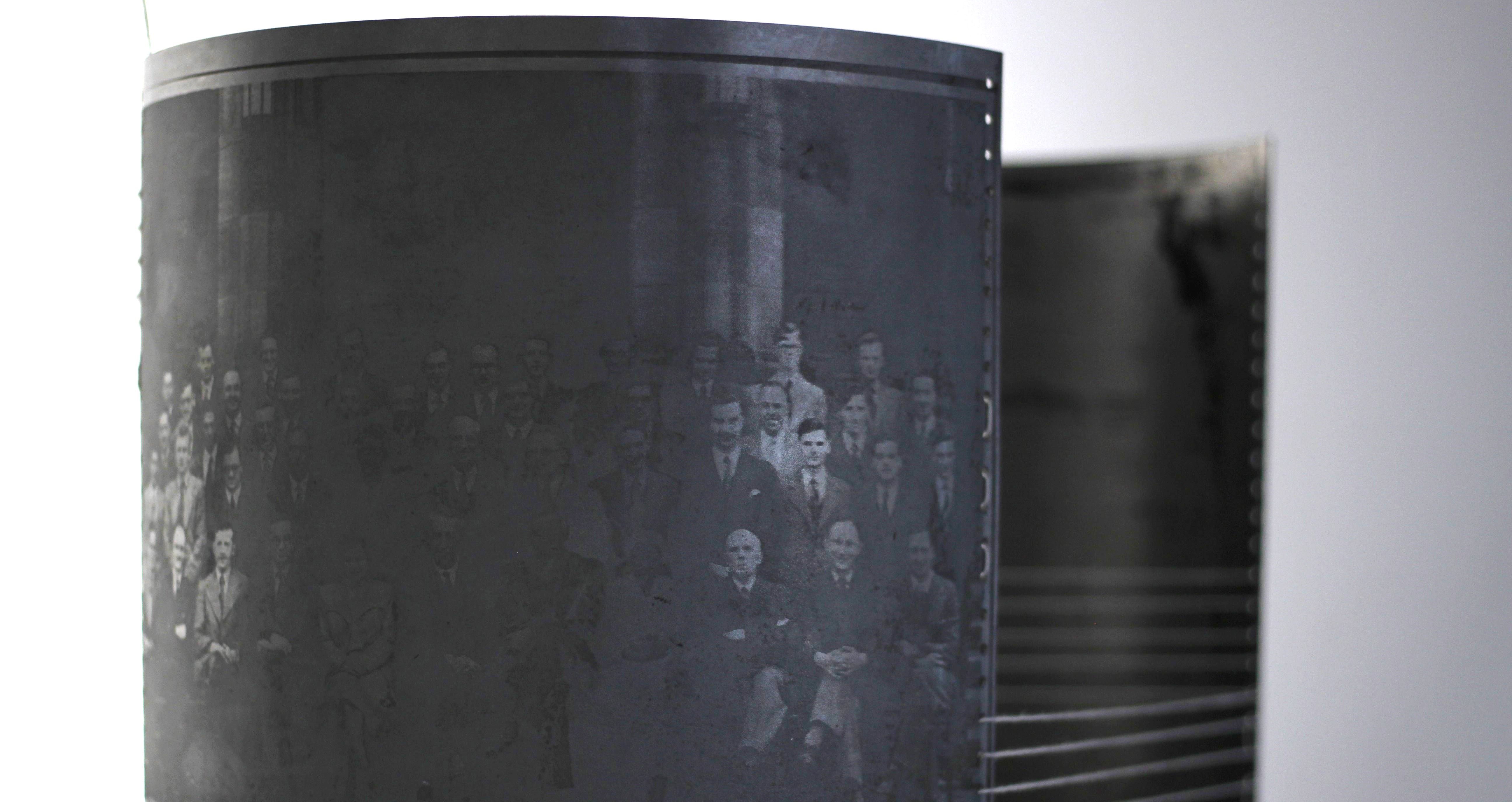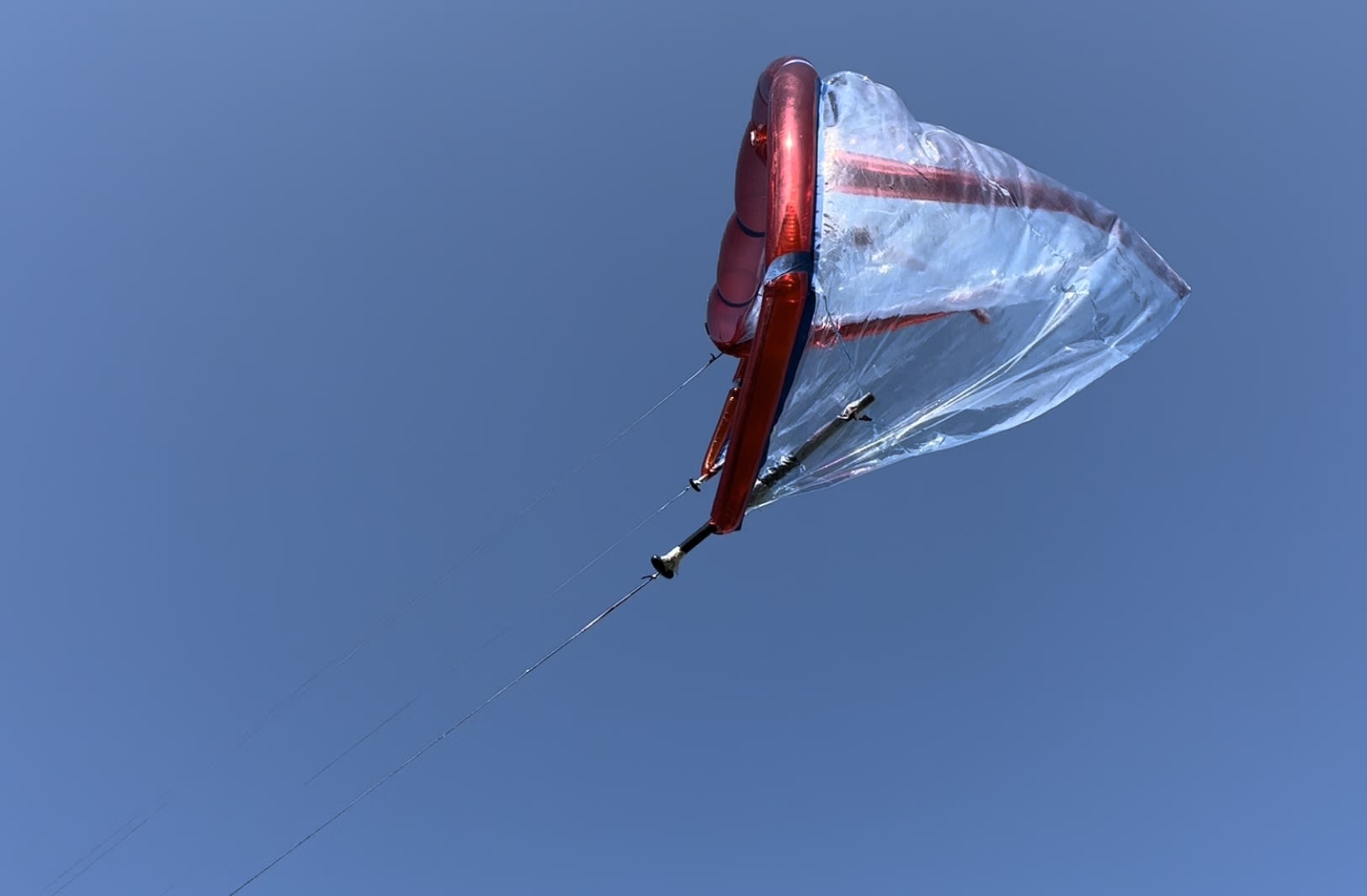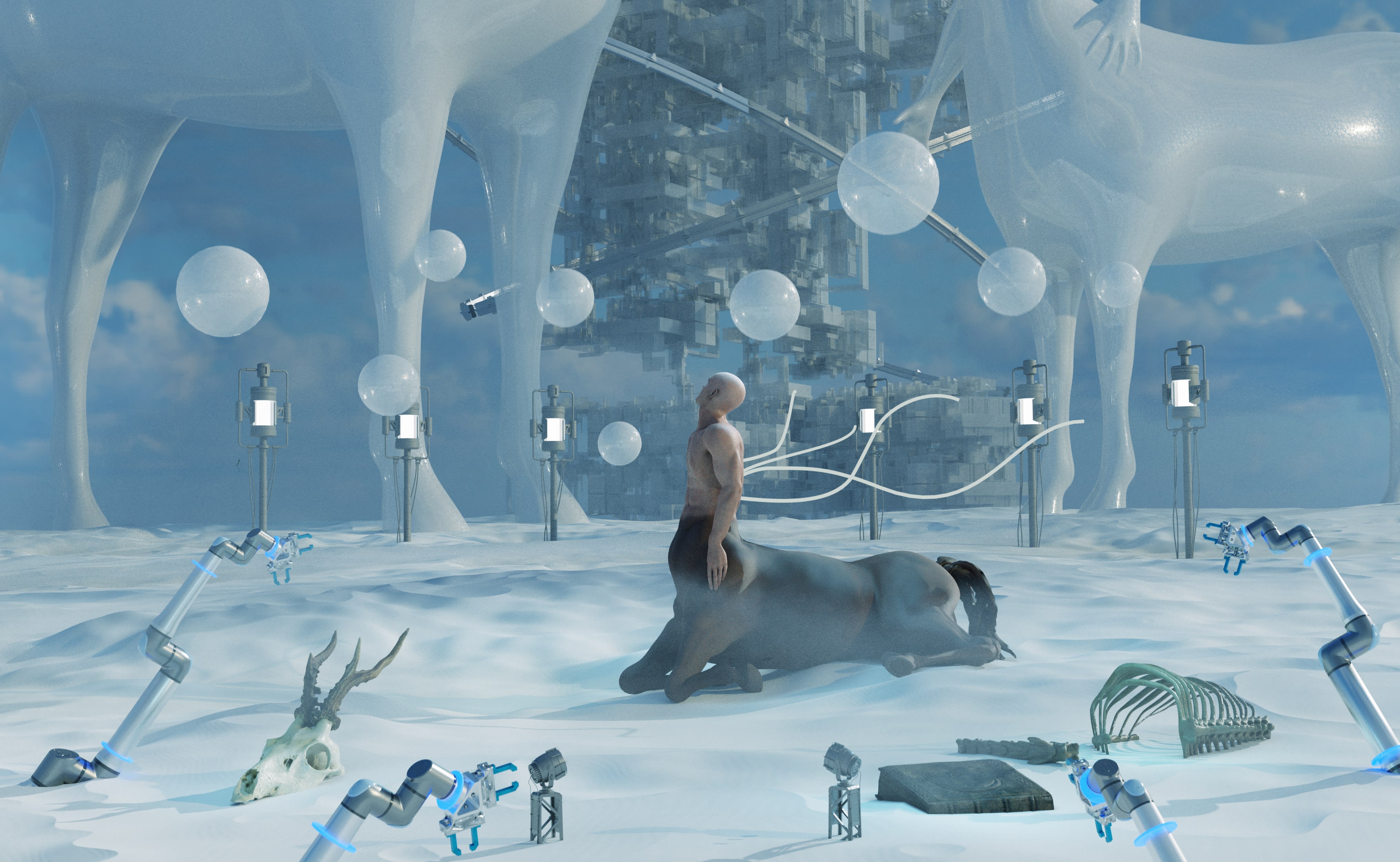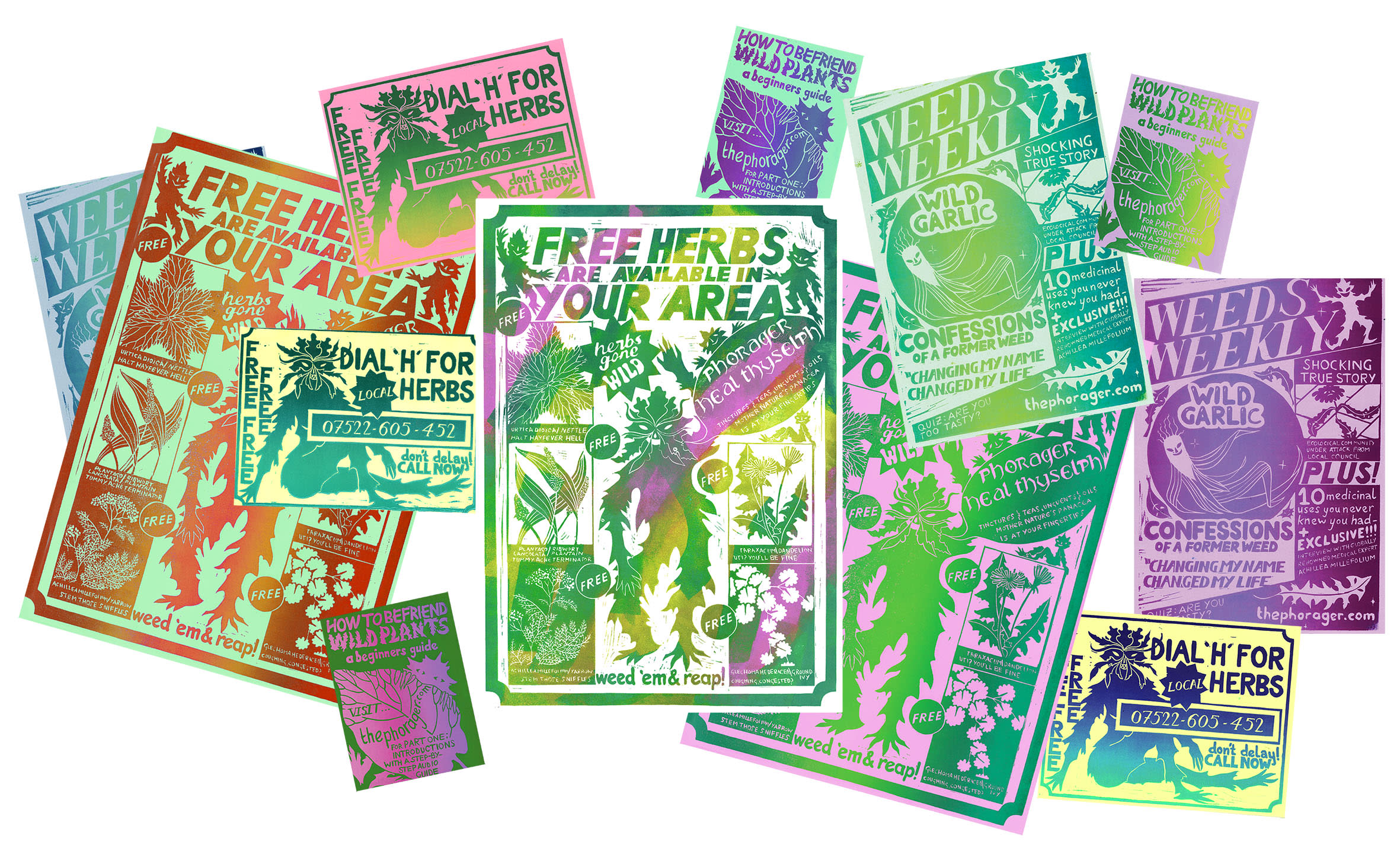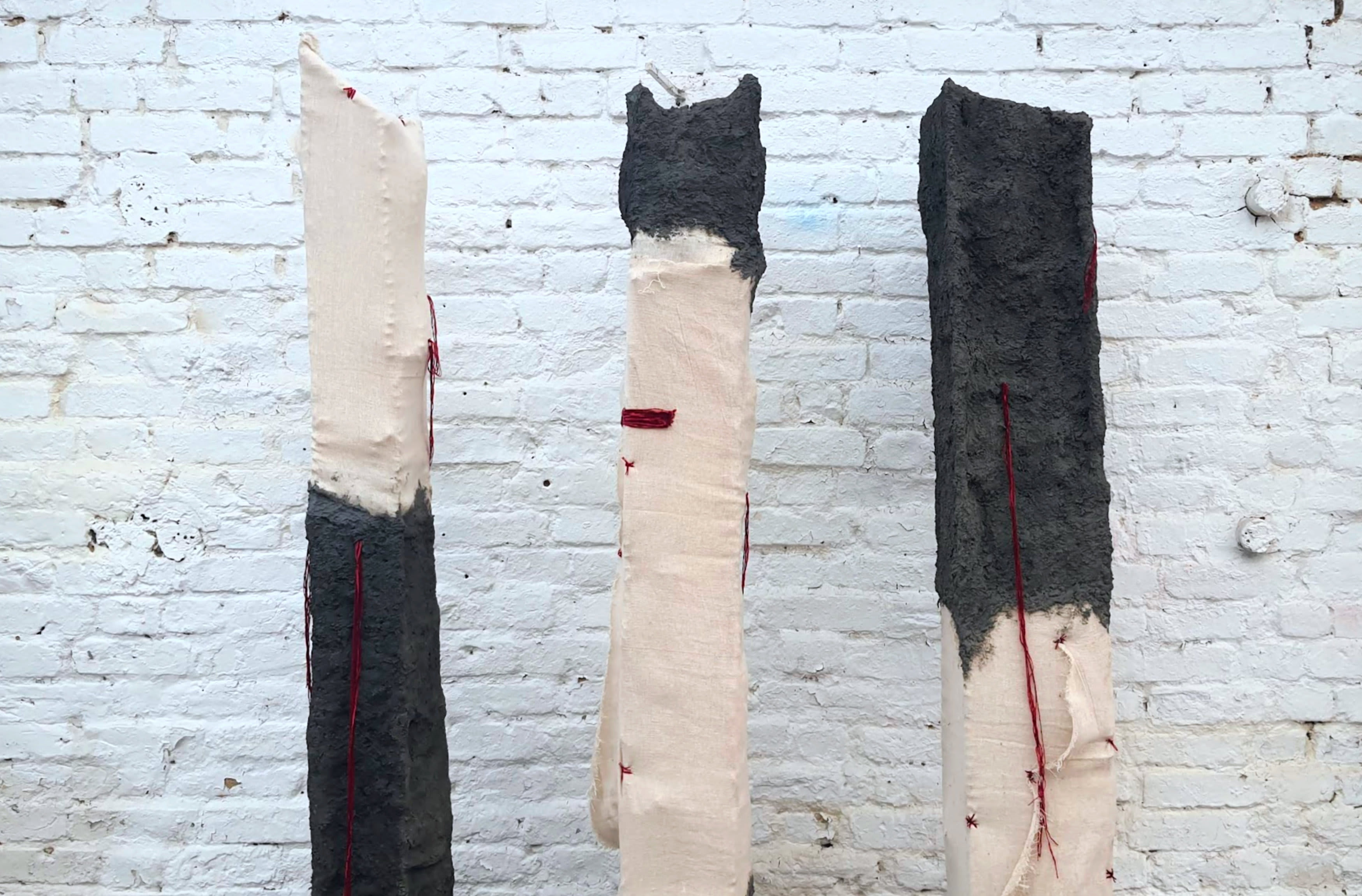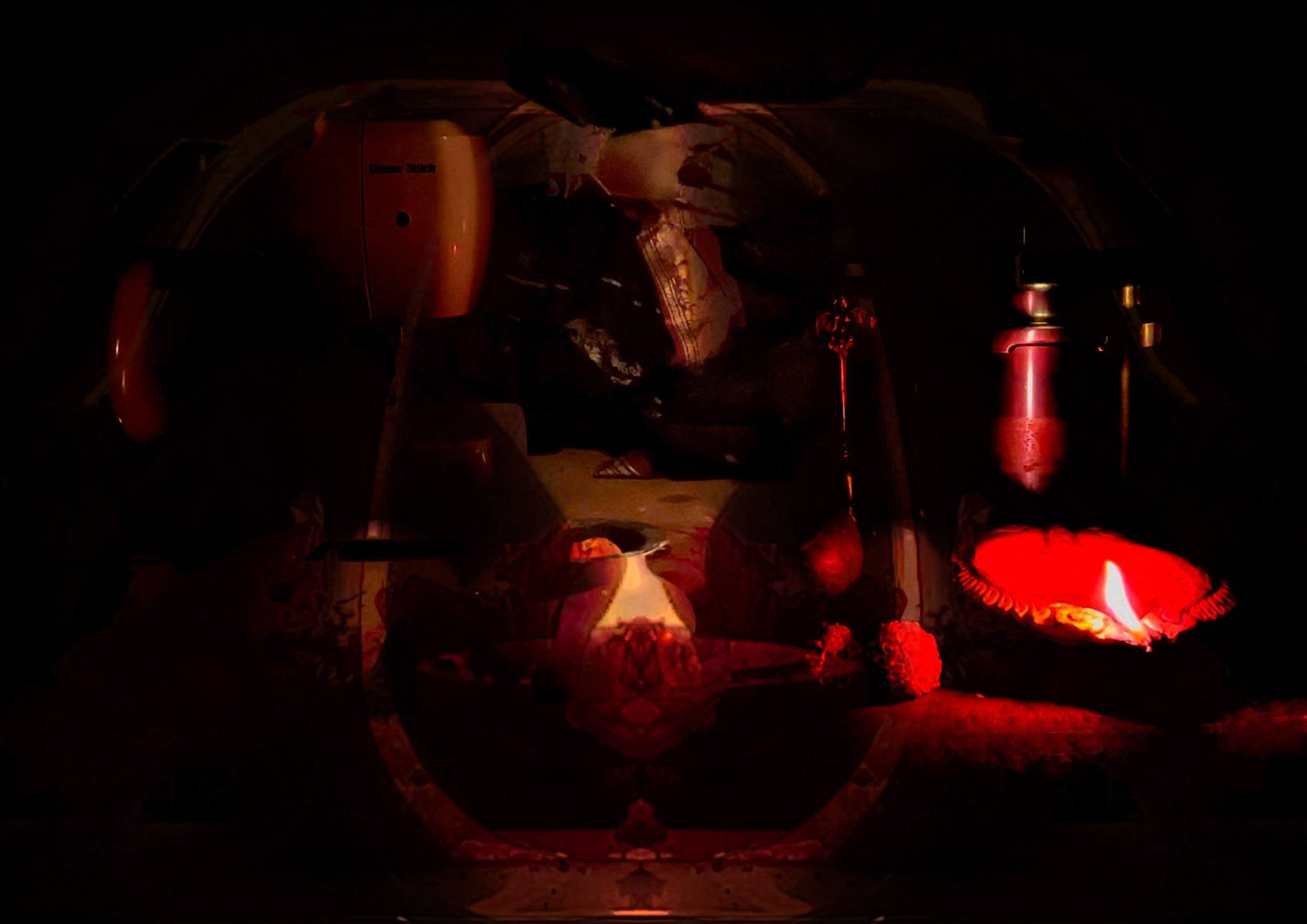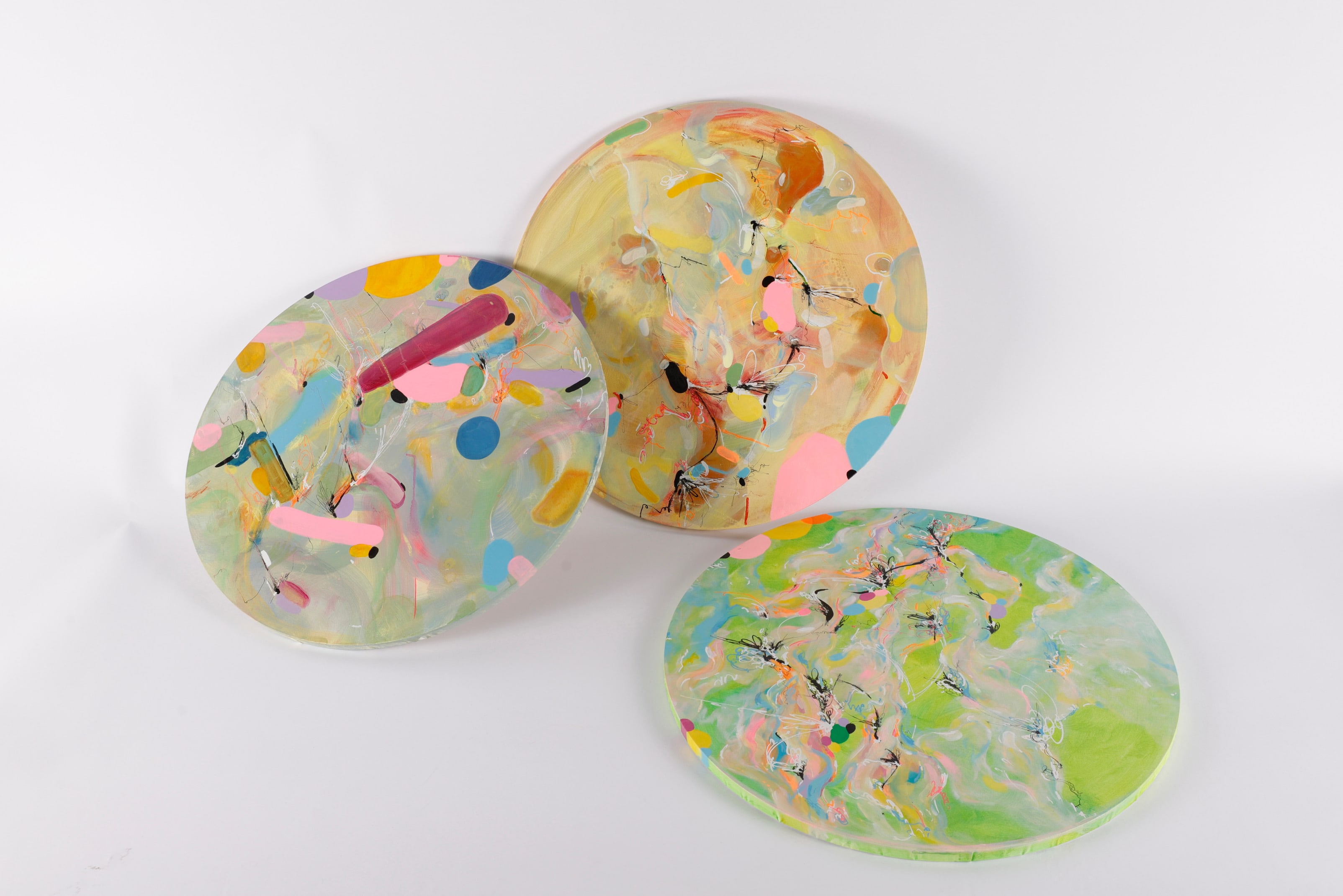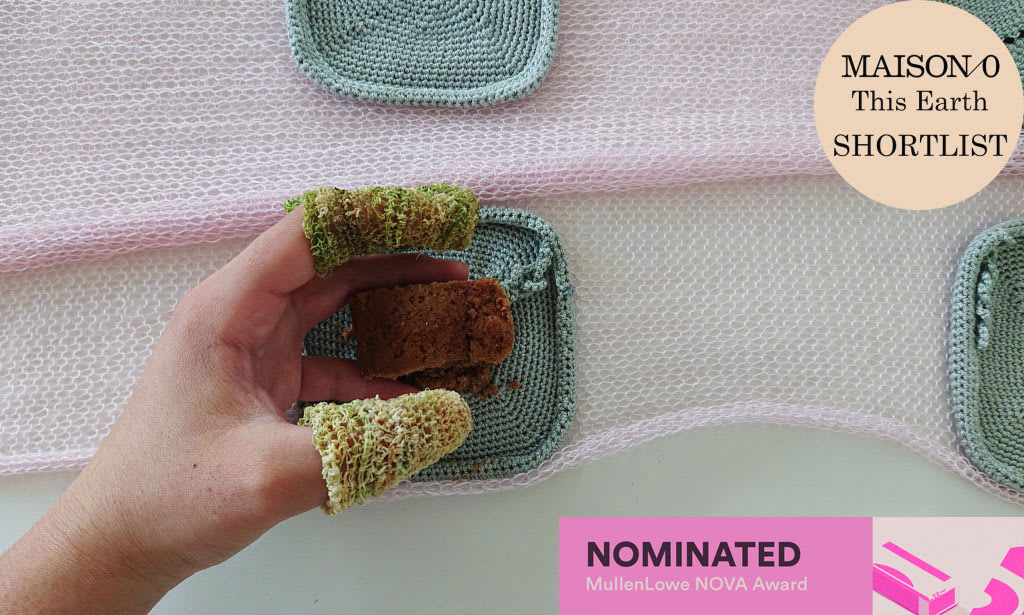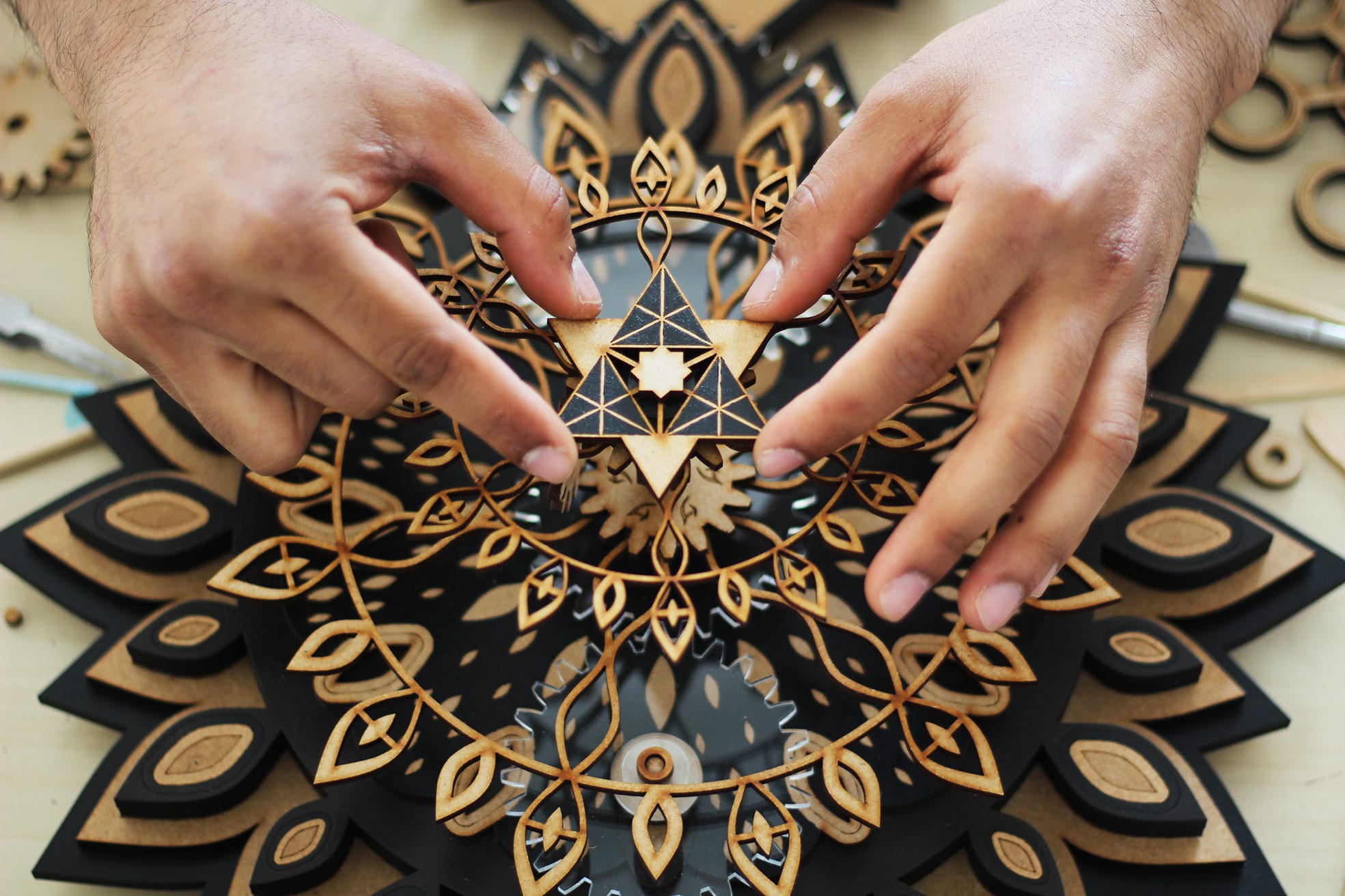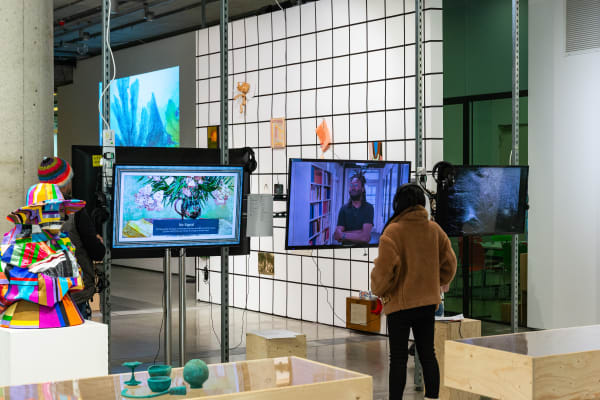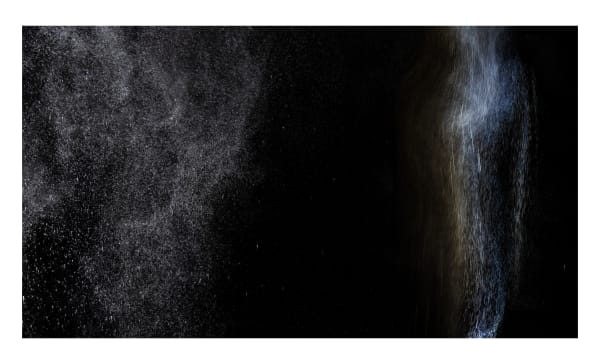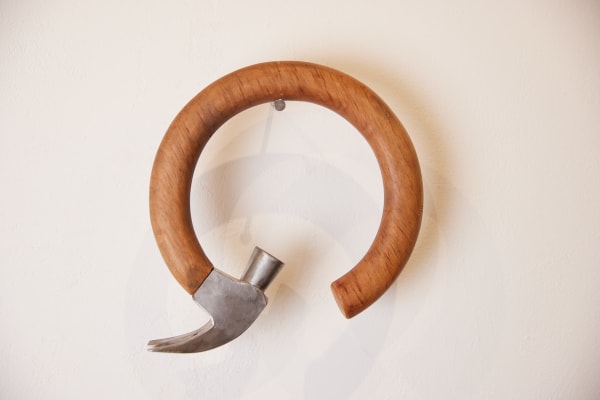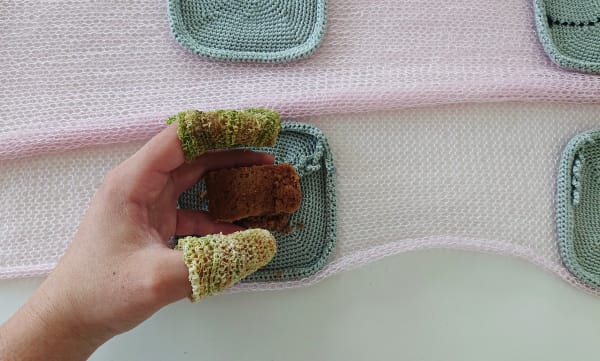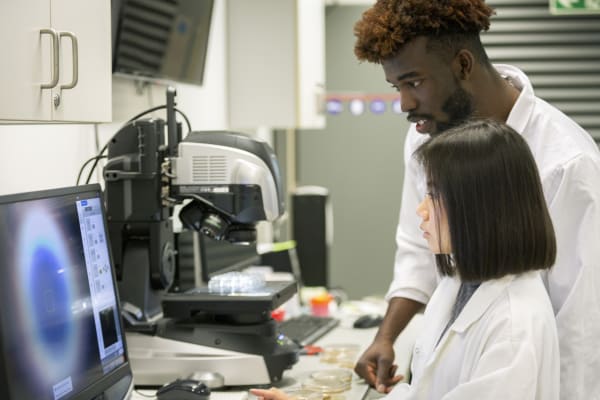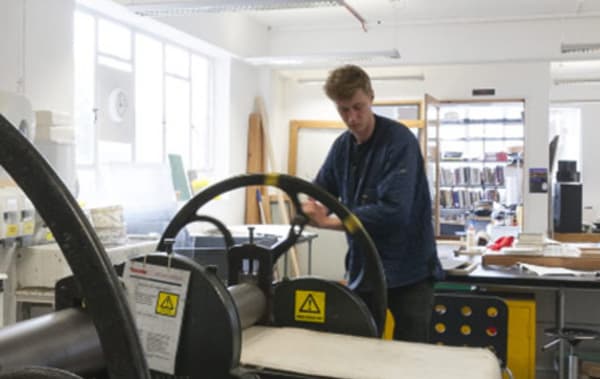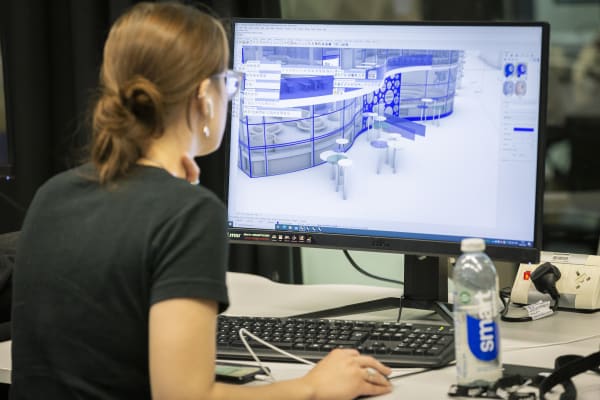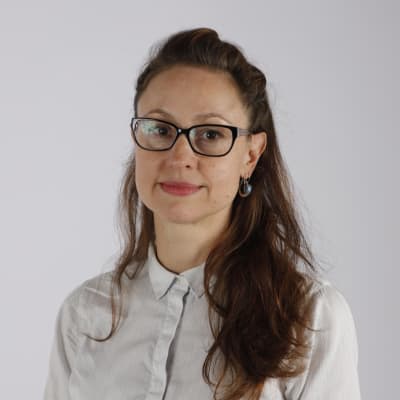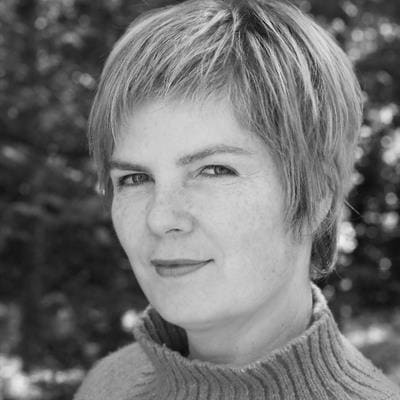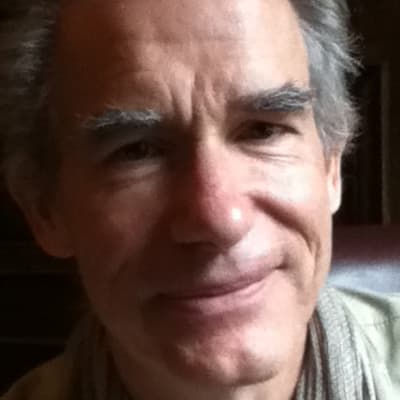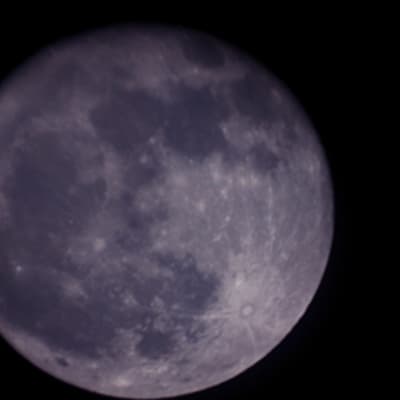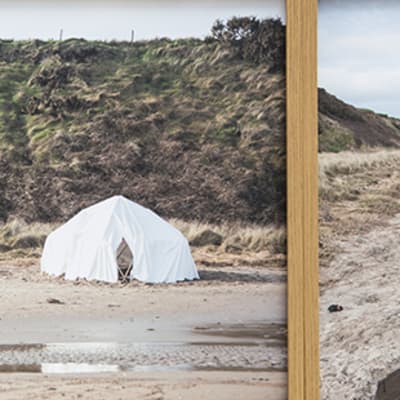Course units
MA Art and Science supports the development of your practice through a project proposal and ongoing evaluation. This is introduced and developed during Unit 1. This helps you to structure and manage your work and to articulate your concerns as they change and develop. Practice is complemented by lectures and seminars. These explore key ideas and critical issues, involving a range of specialist staff. Year 1 is more intensively taught, including introductions to workshops. Year 2 continues with a combination of taught and more independent study as you realise your research and practice.
Unit 1: Enquiry Through Interdisciplinary Practice
Through a series of projects, this unit explores relationships between art and science. You will look at both contemporary and historical subjects and related critical issues. Teaching is also delivered through seminars and lectures. These provide a critical and historical context for your research and practice. They will address different approaches to research methods. In seminars, you will discuss emerging issues in art and science. You will address the contribution of interdisciplinary engagement to public understanding. This focus is complemented by practical workshops and introduction to places relevant to art and science research.
Unit 2: Independent Project: Developing Interdisciplinary Practice
This unit represents a substantial opportunity to develop your independent project that takes the form of an in-depth investigation leading to practical outputs and a research paper (with optional presentation). You will have a supervisor or mentor (i.e. Personal Tutor) who will guide the progress of your independent project. Progress is supported through tutorials, critiques, seminars and student-directed group discussions.
Unit 3: Independent Project: Realising Interdisciplinary Practice
In the final unit, you will resolve your independent project. Seminars relating to continuing professional practice will offer guidance for your future development. Tutorials in each unit will also enable you to review progress toward achieving your goals.
You will implement your research and development to create a body of work, expressed through practical outputs using appropriate media. This work is for presentation or show in a format that is appropriate for public dissemination. This includes the possibility of collaborating with students or others to prepare and curate your work. In a student-directed presentation or symposium, you will also have the opportunity to debate key questions arising from your work.
Important note concerning academic progression through your course:
If you are required to retake a unit you will need to cease further study on the course until you have passed the unit concerned. Once you have successfully passed this unit, you will be able to proceed onto the next unit. Retaking a unit might require you to take time out of study, which could affect other things such as student loans or the visa status for international students.
Mode of study
MA Art and Science is offered in extended full-time mode which runs for 60 weeks over two academic years. You will be expected to commit 30 hours per week to study, which includes teaching time and independent study. Year 1 is more intensively taught, including introductions to workshops. Year 2 continues with a combination of taught and more independent study as you realise your research and practice.
The course has been designed in this way to enable you to pursue studies, while also undertaking part-time employment, internships or care responsibilities.
Credit and award requirements
The course is credit-rated at 180 credits.
On successfully completing the course, you will gain a Master of Arts (MA degree).
Under the Framework for Higher Education Qualifications, an MA is Level 7. All units must be passed in order to achieve the MA but the classification of the award is derived from the marks for the second and third units.
If you are unable to continue on the course, a Postgraduate Certificate (PG Cert) will normally be offered following the successful completion of 60 credits, or a Postgraduate Diploma (PG Dip) following the successful completion of 120 credits.
